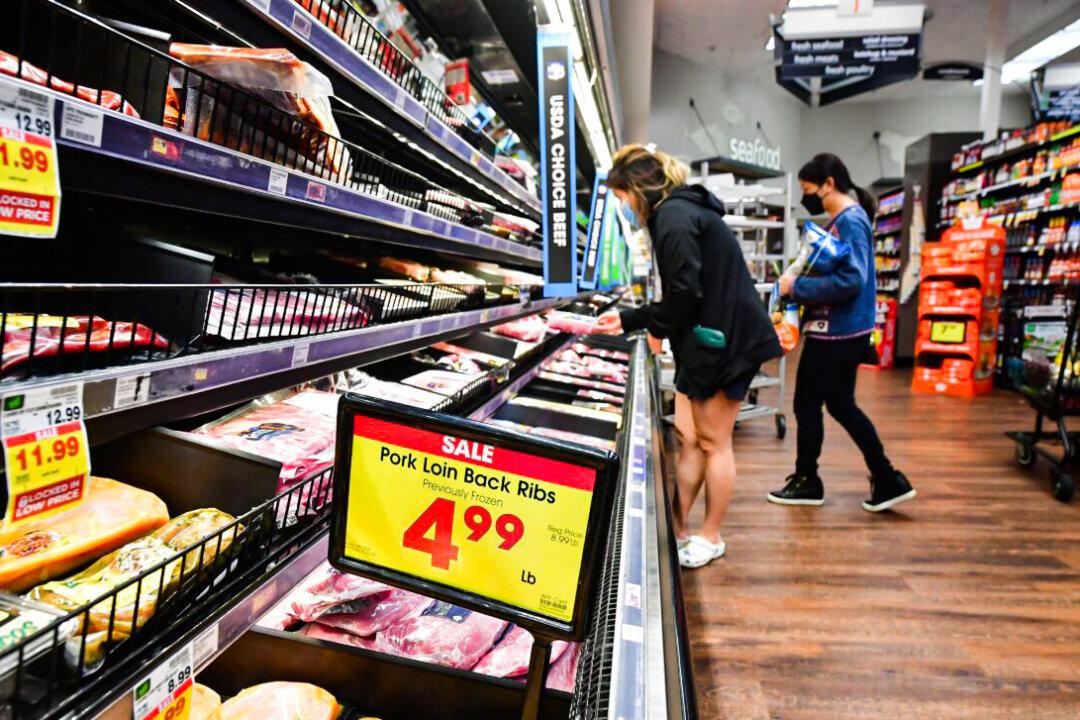Commentary
“It is better to be defeated on principle than to win on lies,” said Arthur Calwell, the leader of the Australian Labor Party in the 1960s, who presided over three election defeats and thus knew what he was talking about. President Joe Biden, on the other hand, who shares with Calwell a penchant for taking orders from his party’s extreme elements, seems intent on losing on lies.





